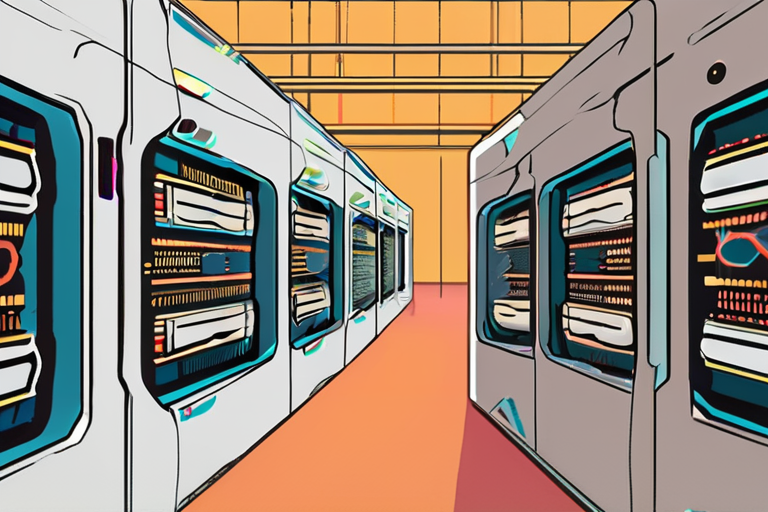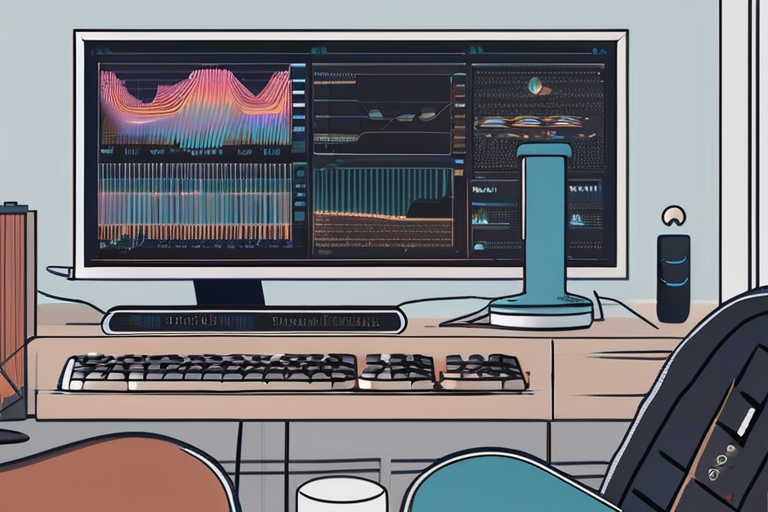Naveen Rao's $5B Bet: Revolutionizing Computing with AI-Powered Hardware Breakthroughs


Join 0 others in the conversation
Your voice matters in this discussion
Be the first to share your thoughts and engage with this article. Your perspective matters!
Discover articles from our community

 Hoppi
Hoppi

 Hoppi
Hoppi

 Hoppi
Hoppi

 Hoppi
Hoppi

 Hoppi
Hoppi

 Hoppi
Hoppi

Silicon Valley's AI Infrastructure Bonanza: What's Behind the $100B+ Investments? In a stunning display of financial muscle, Silicon Valley has …

Hoppi

Silicon Valley's AI Infrastructure Bonanza: What's Behind the $100B Investment Spree? In a stunning display of financial muscle, Nvidia has …

Hoppi

Anthropic Hires New CTO Amid Intense Infrastructure Competition Rahul Patil, former Stripe chief technology officer (CTO), has joined Anthropic as …

Hoppi

The Unconventional Dream: Naveen Rao's Ambitious AI Hardware Startup Aims to Disrupt the Status Quo In a bold move, Naveen …

Hoppi

Billions Flow into AI Data Centers as Tech Landscape Shifts The tech industry is witnessing a significant shift in its …

Hoppi

The Billion-Dollar Infrastructure Deals Powering the AI Boom As the tech industry continues to accelerate its adoption of Artificial Intelligence …

Hoppi